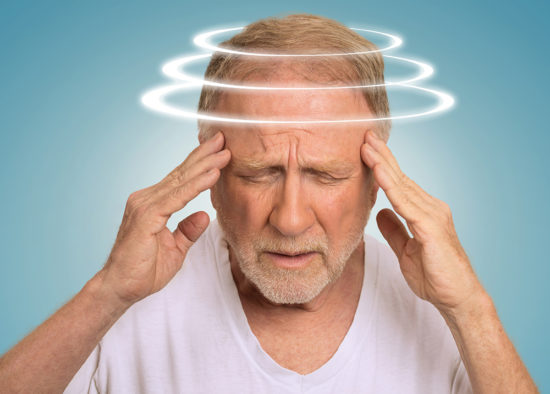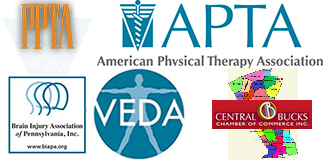Many times when patients come into the office and they have vertigo or dizziness they ask about the medications they are taking. It is not uncommon to look at the side effect list and see dizziness as one of the first or second symptoms listed. In general, the “dizziness “symptom means more of lightheadedness rather than true vertigo where there are actual visual spinning and a postural abnormality. If the actual symptom is lightheadedness then we do need to consider the medications the patient is using for hypertension or cholesterol. Though if there is true vertigo it is not likely their medication causing it.

Medication is prescribed for a variety of vestibular diagnoses and can be helpful in different ways. Medications are commonly prescribed for patients with vertigo, or BPPV, the most common one being meclizine, which is helpful in an acute crisis but chronic use of these type medicines are counterproductive to the central nervous system’s recovery process. These type vestibular suppressant medications also have the added risk of producing drowsiness, cognitive deficits and difficulty driving along with the possibility of increased falls in the elderly. The can also affect reaction time for activities like driving. With events of BPPV, vestibular suppressants are recommended for only short-term management of severe vomiting or nausea.

During an acute vestibular crisis, diagnosed as Labyrinthitis or Neuronitis, patient’s symptoms are caused by a virus that settles in the inner ear. Vestibular nerve studies have shown that corticosteroids are the best choice to treat the impairments associated with this type of viral event especially when hearing loss is a symptom. These have been shown to have better benefits than antiviral meds medications.
In patients with Meniere’s disease, diuretics have been shown to decrease the frequency and severity of vertigo attacks. A combination of medication and reducing dietary sodium can help control the symptoms.
In Vestibular migraine events, medications are helpful in reducing symptoms, especially while patients are undergoing vestibular rehab. These medications include antidepressants, SSRI’s, Beta blockers or Calcium channel blockers. It is important to work with your primary care physician or neurologist to find the right medication that works for your symptoms.
Medications can be useful in the management of certain vestibular disorders however they are not always indicated or necessary for the optimal recovery of function. Careful consideration should be given to the patient’s diagnosis and where they are in the course of a vestibular event.

Leave a Reply